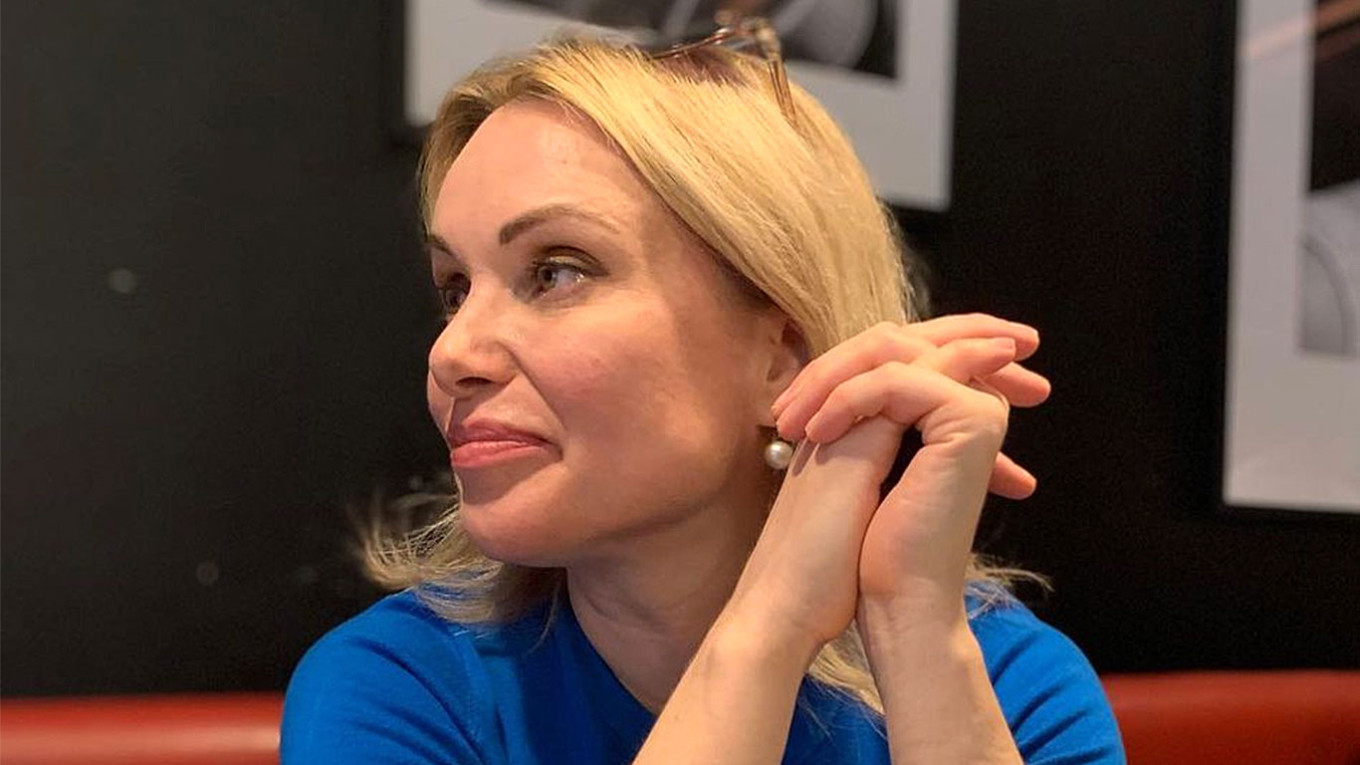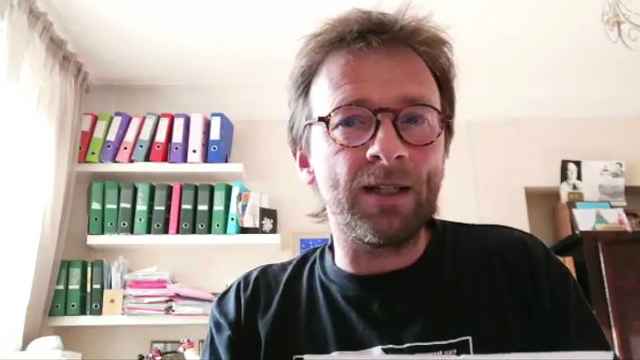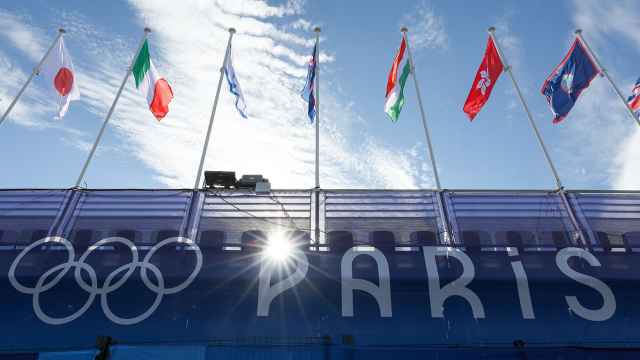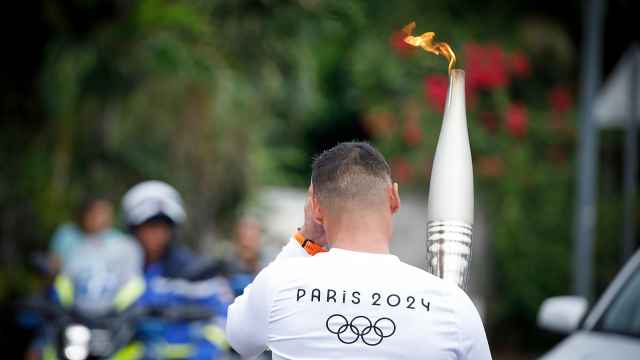Updated with Ovsyannikova's remarks.
French prosecutors on Thursday opened a probe into the suspected poisoning of exiled Russian journalist Marina Ovsyannikova, who brandished an anti-war poster on state television after Moscow invaded Ukraine last year.
The journalist, now living in France, felt unwell when she opened the door to her apartment in the center of Paris and noticed a powdery substance, according to a source close to the investigation who asked not to be named.
Another source said the journalist told investigators she had been poisoned by Russian security services and samples were taken at her home. But a third source added that "at this stage" there was no evidence that suggested poisoning.
Ovsyannikova later confirmed being hospitalized after falling ill on the street but denied being poisoned.
“I’m feeling much better now. Most of the test results are back. There are no toxic substances in the blood. We’re not talking about poisoning,” she said on the messaging app Telegram.
No white powder had been found, she added, contrary to initial reports.
"The deterioration of my condition was so sudden that the French police decided to investigate," Ovsyannikova said.
The exiled journalist, who fled Russia last October, held up an anti-war poster during the main evening news program on Russia's Channel One in March 2022.
Earlier this month, Russian authorities sentenced her in absentia to eight years in prison for a separate protest she held outside the Kremlin last year.
Reporters Without Borders's secretary general Christophe Deloire had written on the social media website X (formerly Twitter) that Ovsyannikova felt unwell in the street early in the morning on Thursday.
"The Paris prosecutor's office has opened an investigation into suspected poisoning," Deloire said at the time.
A Message from The Moscow Times:
Dear readers,
We are facing unprecedented challenges. Russia's Prosecutor General's Office has designated The Moscow Times as an "undesirable" organization, criminalizing our work and putting our staff at risk of prosecution. This follows our earlier unjust labeling as a "foreign agent."
These actions are direct attempts to silence independent journalism in Russia. The authorities claim our work "discredits the decisions of the Russian leadership." We see things differently: we strive to provide accurate, unbiased reporting on Russia.
We, the journalists of The Moscow Times, refuse to be silenced. But to continue our work, we need your help.
Your support, no matter how small, makes a world of difference. If you can, please support us monthly starting from just $2. It's quick to set up, and every contribution makes a significant impact.
By supporting The Moscow Times, you're defending open, independent journalism in the face of repression. Thank you for standing with us.
Remind me later.






